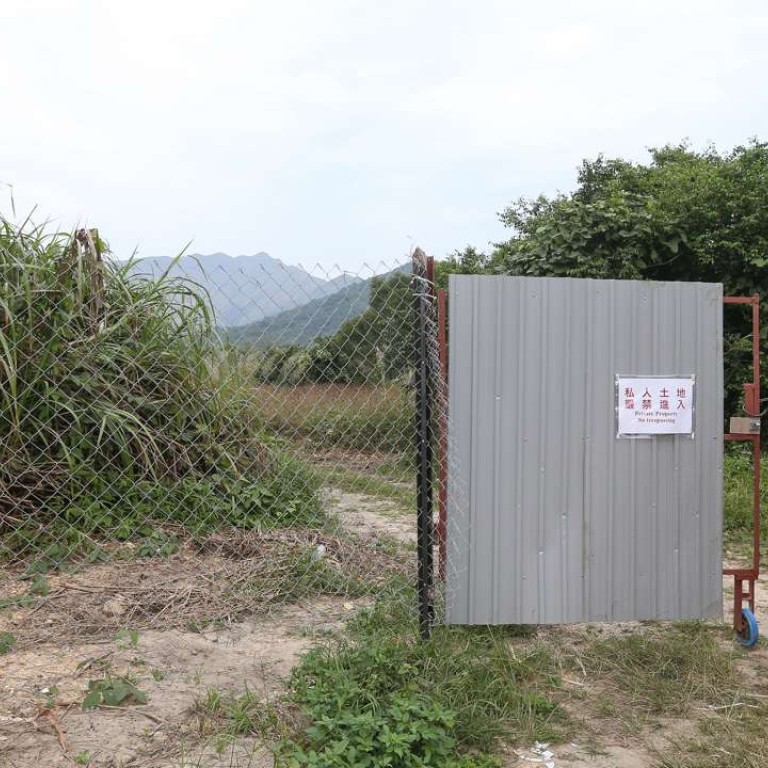
Enforce the law to end illegal occupation of public land
For too long officials have either turned a blind eye or offered offenders administrative means to continue their abuses
The Lands Department has pledged – once again – to crack down on land abuses whenever they come to light. Sadly, such abuses can appear commonplace and officials continue to dodge criticism with the same response time and again. We hope that the latest crackdown in the wake of a damning report by the Ombudsman on policy flaws and slack law enforcement can really make a difference this time around. The previous way the department handled issues of land that is illegally occupied was nothing short of a farce. Offenders were allowed to apply for approval to continue using the land under the so-called regularisation of unlawful occupation of government land. Adding to the absurdity was that enforcement action would be suspended once an application had been made, and the occupant could stay put without paying any fine throughout the process that may last for months or even years.
In what is seen as a landmark policy change, the department will not approve new breaches for regularisation. It will also tighten vetting procedures for previous cases, shorten the processing time to three weeks and impose penalties equivalent to 12 months’ market rent. The arrangements are to ensure that offenders pay a price for their unlawful acts even if an application for regularisation has been made. That the policy change only came after scathing attacks from the Ombudsman is lamentable. It has to be wondered why officials in charge have all along failed to see the flaws in the original policy. The overly tolerant approach was not just a flagrant breach of the rule of law; it also effectively encouraged and entrenched land abuses, which are commonly found in the New Territories.
Whether the new regime has a stronger deterrent effect is yet to be seen. Offenders must not be given the wrong impression that they can escape punishment by applying for regularisation. Having successfully prosecuted 45 cases of unlawful land occupation over the past two years, the government is now pursuing prosecution against four breaches and examining another 19. It will also conduct more ad hoc enforcement operations from time to time. Hopefully, the situation can be brought under control.

